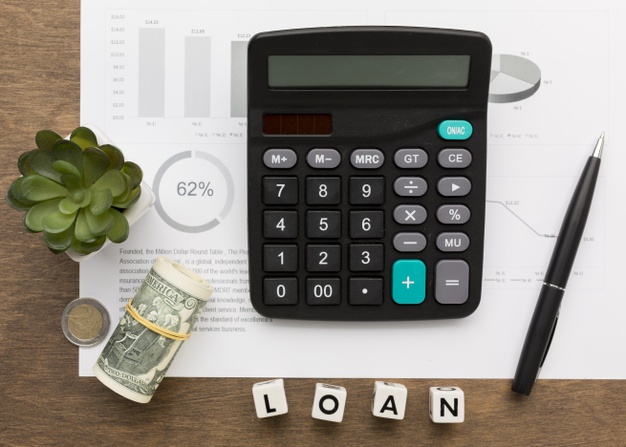OTHER MORTGAGE PRODUCTS
Interest-only payments are risky.
It may sound like an ideal situation: the mortgage lender only requires you to pay monthly payments of interest, and anything extra is put towards the principal balance on the mortgage. This makes the monthly payments nice and low, so if a month ever comes along where you need some extra money then you simply don’t put any extra cash towards the principal balance. The problem arises when the months of no extra payments begin to outnumber the months with extra payments. Maybe the holidays start up this trend, with you putting the extra money towards gifts and travel. Then maybe a couple months down the road you have a medical emergency and need the cash to pay the doctor’s bills. Eventually it just becomes a habit to use the money for other things, while in the back of your mind you keep promising yourself that next month you will add even more to the principal balance.
Or perhaps you decide to instead maximize your money by putting the money for your principal payment into an interest-bearing account or instead investing it in hopes of a nice return. An emergency pops up though and wipes out your savings, or the investments you put the money towards don’t return the profit you had expected. So what happens when the term of the mortgage is almost up and you realize that the majority of the time you didn’t put anything towards principal? What happens is that you then need to scramble to figure out a way to either pay off the remaining balance or to refinance the loan…not an easy task considering you may not have much equity since you didn’t pay the principal balance down. Remember, not all homes appreciate in value. This is just a bad situation. You may have the best intentions in the world to pay down the principal but simply put, life happens. Avoid an interest-only payment and you avoid this sort of situation, pure and simple.
Reverse mortgages can be a good idea for some seniors.
There is a lot of hype surrounding reverse mortgages so you will probably want to know more about this idea. The truth of the matter, though, is that reverse mortgages have absolutely nothing to do with buying a house. Instead, they are a means for senior citizens to utilize the equity in their homes to create some income. They are a mortgage refinance product, so you needn’t bother doing any research on this sort of offering at all when purchasing a home.
There are loan products for people with bad credit.
All hope is not lost if you have horrendous credit and want to purchase a home. There are indeed lenders out there who are looking to lend you money. A big word of caution is needed here though: the purchase of a home is best accomplished AFTER your credit is in order as opposed to being a means by which you get your credit in order. If, however, you are completely convinced that now is the time to buy, regardless of your credit score, you can probably get financed if you find the right lender. You will want to look for sub-prime lenders…these are the ones who blatantly advertise that they are able to get a home loan for anyone regardless of credit or employment history.
You might also enlist the help of a mortgage broker, who for a fee will submit your mortgage application to several different lenders in an attempt to find one who will lend you the money. You may wonder why it is these sorts of lenders are able to make a profit, what with taking on borrowers who have poor payment histories (and therefore are statistically less apt to make prompt payments). Don’t worry about these lenders, because they certainly make up for their sporadically-paying clientele by offering ridiculously high interest rates along with frequent fees for any little thing: a late payment, and early payment, or sometimes even calling to speak with a representative to inquire about your balance will result in some sort of fee.
So while all the other homeowners on your block are sitting pretty with their relatively low mortgage interest rates you may be paying an interest rate approaching double digits and barely working the principal balance down at all because of all the excessive fees. Some people may justify this sort of thing by claiming that once they get the mortgage they can pay the high interest rates and fees for a couple of years to get the good credit score and then refinance with a more reputable lender, but in reality it is probably a much better idea to simply stay put as a renter while aggressively paying off debt and building up some savings for a down payment. Don’t let a less-than-scrupulous mortgage lender take all your hard earned money and apply it to silly fees and interest rates that would make a prime lender gasp.

